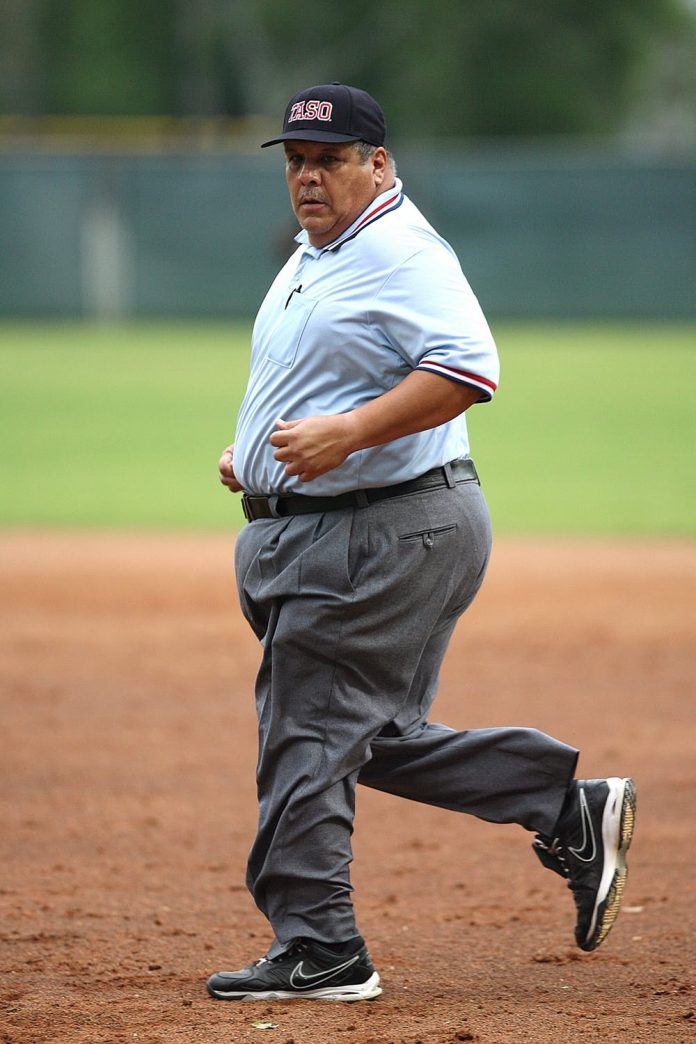Considering most people reading this have reached an age where fat either is, or may potentially be, a problem, it’s worth stating that there’s actually no biologic reason to get fatter as you grow older.
Most people accept the prevailing wisdom that metabolism slows down, and this leads to an accumulation of fat. Some studies suggest that in the Western world at least, men and women do gain weight from the age of 35 onwards, averaging around half a kilo per year for men and a little more for women.
The reason is not an aging metabolism. While older men tend to average 25 percent body fat and women, by age 50, can be up around 35 percent body fat, there is no biologic reason for men and women to get fat.
According to the book Exercise Physiology, by Drs. William D. McArdle, Frank I. Katch and Victor L. Katch, increases in body fat are more a function of activity than age. Being inactive leads to loss of muscle, and loss of muscle is the primary cause of creeping obesity. The remaining muscle is as metabolically active as ever.
In a book called The Weighting Game by Lawrence Lamb the author quoted research which found the energy requirement of fat-free body weight (weight of the body minus the body fat) were remarkably constant for both men and women between the ages of 20 and 60.
So, what is metabolism?
Basically, metabolism is the chemical and physical processes in the body that build and destroy tissue and release energy, thereby generating heat. Our metabolism speeds up when we exert ourselves, and we burn more calories. Our metabolism slows down when we are at rest, and we burn fewer calories. But even at rest we continue to expend calories.
What really happens in terms of a ‘slowing’ of the metabolism is that older people burn fewer calories on average per kilo of bodyweight than do younger people. But that’s because their lean body mass is less.
In a book called Biomarkers, authors William Evans, Ph.D. and Irwin H. Rosenberg, M.D. stated that if you have a reduced amount of muscle, as most middle-aged people do, your metabolic demand for oxygen and your caloric needs decline. That’s because muscle tissue is active tissue requiring nourishment. Fat is passive, it just sits there as a storage form of body energy. “We feel that older people’s reduced muscle mass is almost wholly responsible for the gradual reduction in their basal metabolic rate,” wrote the authors.
More next issue











